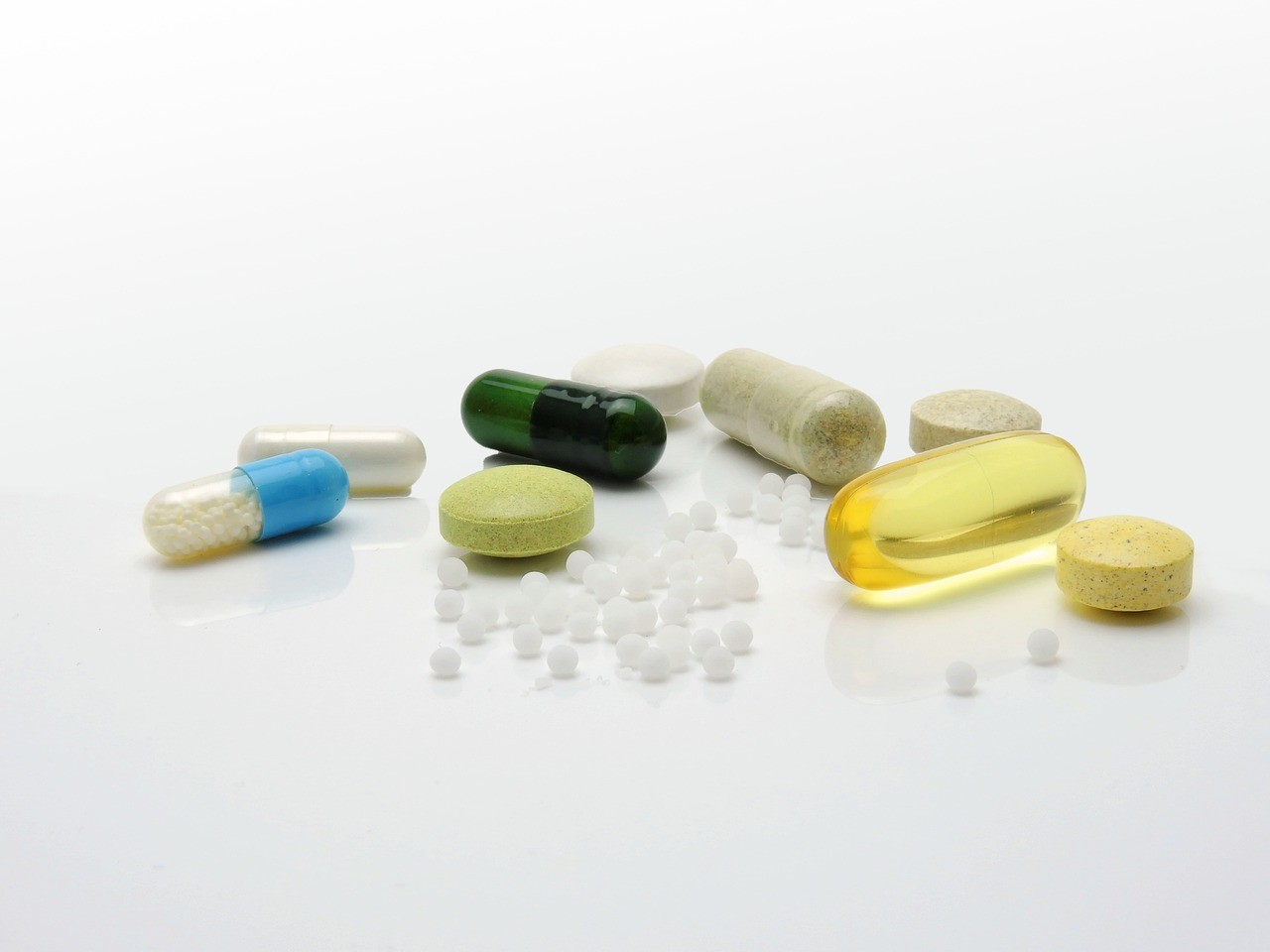Zinc, an essential trace element, stands as a cornerstone in the intricate web of physiological processes that govern human health. As a crucial micronutrient, zinc plays an indispensable role in various biochemical functions. This article aims to provide a comprehensive overview of the health benefits associated with zinc, emphasizing its significance in the realm of pharmaceutical sciences.
Health benefits of Zinc
Immune System Support
Zinc is renowned for its pivotal role in bolstering the immune system. It serves as a cofactor for numerous enzymes involved in immune cell function, cytokine production, and antibody response. Pharmaceutical professionals recognize the immunomodulatory potential of zinc, with research suggesting its effectiveness in reducing the duration and severity of respiratory infections, making it a noteworthy consideration in pharmaceutical interventions.
Zinc Helps Accelerate Wound Healing and Tissue Repair
Zinc is a vital component in the process of wound healing and tissue repair. It participates in cell proliferation, collagen synthesis, and the maintenance of structural integrity. In pharmaceutical contexts, understanding the role of zinc in these processes is essential for developing therapeutic approaches to enhance recovery post-surgery or injury.
Zinc is Essential for Antioxidant Defense Mechanisms
Zinc acts as a cofactor for superoxide dismutase, a key antioxidant enzyme that neutralizes harmful free radicals. By contributing to the body’s antioxidant defense mechanisms, zinc aids in protecting cells from oxidative stress. This antioxidative role positions zinc as a potential therapeutic agent in pharmaceutical formulations targeting oxidative damage-related conditions.
Reproductive Health
Zinc plays a crucial role in reproductive health, particularly in males. It is essential for sperm production, motility, and DNA synthesis. In pharmaceutical considerations, understanding the impact of zinc deficiency on male fertility is crucial for developing interventions to address reproductive health challenges.
Zinc is Essential for Neurological Function
Zinc is intricately involved in maintaining proper neurological function. It modulates neurotransmitter release, synaptic transmission, and neurogenesis. Pharmaceutical professionals recognize the potential therapeutic applications of zinc in neuroprotective strategies, addressing conditions ranging from neurodegenerative disorders to mood disorders.
Zinc Health Benefits – Skin Health
Zinc’s influence extends to dermatological health, with implications for conditions such as acne and eczema. Its anti-inflammatory and sebostatic properties position zinc as a valuable component in pharmaceutical formulations targeting skin disorders.
What is the recommended daily intake of zinc?
The recommended daily intake of Zinc depends on your age and gender. You should be careful not to overdose, as you will experience bad side effects. It is hard however to do that if we get our daily intake only from food. The people who take supplements should be aware of the dangers of overdosing with zinc so that they don’t exceed the daily recommendation on purpose. So what is the recommended daily dosage?
- Infants age 0–6 months: 2 milligrams (mg)
- Babies age 7 months – 3 years: 3 mg
- Children age 4–8 years: 5 mg
- Kids age 9–13 years: 8 mg
- Girls age 14–18 years: 9 mg
- Boys age 14–18 years: 11 mg
- Women 19+: 8 mg
- Men 19+: 11 mg
- Pregnant teenagers: 12 mg
- Pregnant women above 19 years: 11 mg
- Breastfeeding teenagers: 13 mg
- Breastfeeding women above 19 years: 12 mg
Possible side effects of overdosing with Zinc
You can experience quite many side effects if you exceed the recommended daily intake of zinc. It should be safe for you to take this mineral, however, some people can not handle it and side effects occur even when they take moderate doses of zinc. Here are what the side effects can be:
- headaches
- stomachache
- diarrhea
- nausea
- vomiting
There is such a thing as chronic zinc toxicity, which happens, when you take too much of the mineral, over long periods of time. However, that is not so common, as the side effects will occur almost right after you overdose. Zinc toxicity can cause decreased immune function, low levels of high-density lipoprotein, and more.
In case you think you took too much zinc or have been overdosing for some time, you should consult with a doctor. There is something at home that could help you ease the symptoms of zinc overdose. A glass of milk could help because it contains phosphorus and calcium. This way, your stomach won’t absorb as much zinc, as it would have on an empty stomach.
Who shouldn’t take Zinc?
In case you have some kind of open wound or broken skin, zinc can actually make things worse. Zinc might cause itching, tingling, and sometimes even burning. You shouldn’t take zinc also if you have problems with alcoholism. In this case, your body is not able to absorb zinc the way it has to. If you suffer from diabetes, you also should not take too much zinc. It can lower their blood sugar levels when taken in high doses.
Foods that contain Zinc
1. Oatmeal and whole grains – like oats, rice, quinoa, and wheat, contain some zinc.
Keep in mind that grains contain phytates, which bind to zinc and decrease its absorption. However, they are beneficial for a healthy diet and a good source of many important nutrients like vitamins from the B group, fiber, iron, magnesium, phosphorus, manganese, and selenium.
2. Seeds and nuts.
For example, cashew – one small package or roughly 60 grams, and contains 3 mg of Zinc. Also, 30 grams (about 3 tablespoons) of hemp seeds contain 31% and 43% of the recommended daily intake for men and women. Other seeds that contain significant amounts of Zinc are squash, sesame, and pumpkin seeds.
3. Chickpeas and legumes.
Such include: nuts, again, but also some beans contain high amounts of zinc.
4. Shellfish and seafood such as crabs, oysters, and lobster
One serving of cooked Alaskan king crab (3 ounces) has 6.48 milligrams of zinc, and one small lobster – about 5 mg of it. But in that food group – oysters are the winner when it comes to zinc contain. Six medium oysters provide 32 mg.
Conclusion
In conclusion, zinc emerges as a versatile and indispensable micronutrient with far-reaching health benefits. From immune system support to wound healing, reproductive health, and neurological function, zinc’s multifaceted contributions underscore its importance in pharmaceutical considerations. A thorough understanding of zinc’s therapeutic potential is paramount for healthcare professionals seeking to optimize patient outcomes through targeted pharmaceutical interventions.
Disclaimer:
As a service to our readers, MVS Pharma GmbH publishing provides access to our library of archived content – in our blog. Please note the date of last review or update on all articles. No content on this site, should ever be used as a substitute for direct medical advice from your doctor or other qualified clinician.



